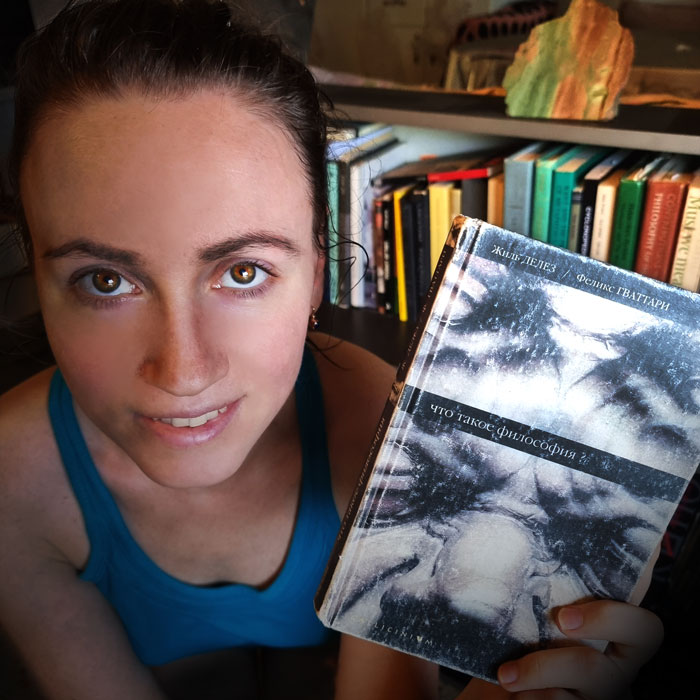 Everyone likes to philosophise, asking what is the meaning of life and where are the limits of knowledge? But few people understand what philosophy is – a science or not a science? A way of thinking or a form of cognition of the world. Most of my knowledge of philosophy came from my philosophy of science course in graduate school, and back then it was the only day of the week when I thought about something distant and “abstruse”. The rest of the days flew by with work, repairs, and plans for the future.
Everyone likes to philosophise, asking what is the meaning of life and where are the limits of knowledge? But few people understand what philosophy is – a science or not a science? A way of thinking or a form of cognition of the world. Most of my knowledge of philosophy came from my philosophy of science course in graduate school, and back then it was the only day of the week when I thought about something distant and “abstruse”. The rest of the days flew by with work, repairs, and plans for the future.
When you read books on philosophy, you feel like you are in a world of language constructs, where every single word seems to make sense, but when you put them together in a pile, it’s a charade. And you have to solve it to get a simple idea. But to make the concept look rigorous and precise, you have to formulate it so complicated that it’s a pain to read it afterwards. Until you get used to this specific language, which hides the wisdom of the ages.
So, I decided to read the book “What is Philosophy”, hoping that at least it would explain everything in simple words and remind me, as I had already forgotten a lot of things. I was waiting for short and simple answers about why I live and what my purpose is. But what I got, as usual, was something else. Nothing worse, even in some places more original than I expected. The main thing I realised is that philosophy and science fight on different fields of reality, and philosophy is much closer in its essence to religion, as science is also closer to it (religion) according to its (philosophy’s) opinion.
Here’s a short list of ideas from this book that surprised me:
Philosophy is the creation of concepts.
Philosophy answers unanswered questions – can we understand the world? are bad and good relative? how do we know we are awake (matrix)? etc.
People are free as they compete with each other.
Opinion is inherently the will of the majority and is expressed on behalf of the majority.
Art arises with animals from the moment when one’s territory (home) is allocated. This territory is marked by elements, which are the beginning of art. And the first of the arts is architecture.
Bonus phrase to show that you are smart: the subject of science is not concepts, but functions realised as propositions within discursive systems.

